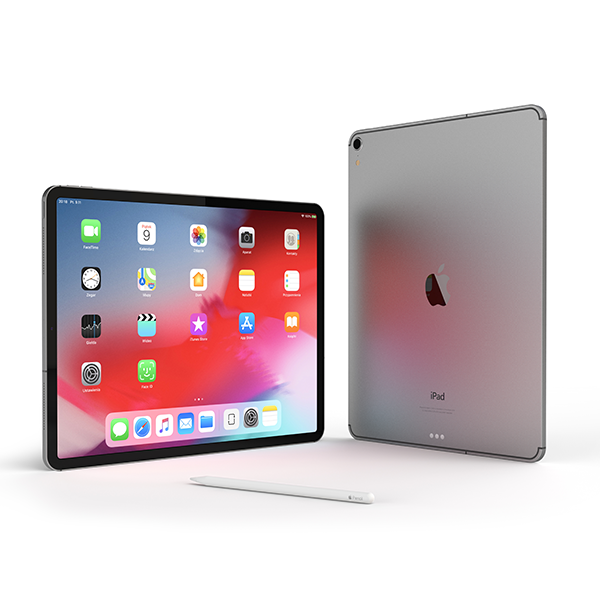New Ways for Companies to Monitor Employees

Every business owner knows that good employees are their most valuable asset, but they can also do the most harm. Many companies find that they are losing thousands of dollars due to poor productivity caused by employees who spend their time either making personal calls or surfing the Internet, when they should be working. Yet more businesses are falling prey to industrial espionage as disgruntled employees pass their secrets to rival companies. One way that business owners can reduce the risk of these drains on their resources is to implement employee monitoring of some kind.
Why Should You Monitor Your Employees?
Some people feel uncomfortable with the idea of monitoring their employees. There are those who say that if you expect people to do an honest day's hard work then you have to trust them. However, monitoring employees is not only about trust, there are plenty of reasons why you should consider monitoring your employees, including:
-Reduce personal calls and emails
-Reduce the risk of industrial espionage
-Increase productivity
-Create backups for remote employees
-Protect sensitive data stored on mobile devices
-Locate lost devices
-Protect against theft of products or supplies
-Evaluation purposes
These are all valid reasons to monitor what your staff is doing. If someone in your organization is leaking your secrets to competitors using their company computer and/or cellphone then monitoring those devices could uncover it. With so many staff members working remotely these days on flexible schedules it also makes it easier to keep track of your employees' comings and goings. The main reason of course is to improve productivity and cut costs by eliminating those personal calls that begin to mount up when employees are left unchecked.
There is also a question of what can and cannot be monitored, and that is before we even consider the moral dilemma of what should be monitored. Again it comes down to ownership of the equipment. If an employee is using a company PC or cellphone then you are within your rights to monitor any activity as long as the employee is informed. You cannot monitor your employee's personal cellphone; however, if they happen to be talking on their own cellphone in the office and that is recorded by CCTV then this could be used as evidence in disciplinary proceedings to prove personal calls are being made at work.
What Are The Legal Issues Regarding Employee Monitoring?
One of the most important aspects of monitoring your employees is making sure that you do not take it too far and step outside the boundaries of the law. Privacy laws are complex and vary from state to state, but the basics of it boil down to this: You can only monitor devices that you own or pay for and you must make those being monitored aware of your actions. Any business owner who intends to set up employee monitoring is advised to consult a lawyer before hand to make sure that everything is above board.
The most common way to inform employees of your monitoring policy is to include a clause in their contract, which is signed on commencing employment. In the event that you wish to begin monitoring after the contract is signed you will need to send out an official memo or policy document. It is a good idea to explain to your employees why you feel that this is a necessary step so that they do not feel like you no longer trust them. If you reiterate the fact that it offers them protection too. since they cannot be wrongly accused of doing something they shouldn't. then they should feel a little more comfortable. Often, simply knowing that you COULD be watching is a big enough deterrent.
3 Ways To Monitor Your Employees
When it comes to keeping an eye on what your employees are up to, there are a number of different methods for you to choose from, each with their own negative and positive aspects. Let's take a closer look at the three most popular methods of employee monitoring.
1. Computer Monitoring
One of the most well-known ways of monitoring employees is through monitoring their computers while in the office. Many businesses have blocked access not only to adult sites, but also to social networks and gaming sites as well in an effort to reduce the amount of time staff spend goofing off from work. This type of monitoring will keep track of which websites are being visited and also the email communications that come in and out through the day. This type of monitoring is largely about efficiency as it ensures that employees are not just browsing the Internet or chatting to friends during work hour. The downside is that it I only really useful in a static office environment. In an age where many employees work remotely and are required to spend time outwith the office, this type of monitoring is not always appropriate.
2. Cellphone Monitoring
One of the most effective, and controversial, ways of monitoring employees during working hours is by using cellphone monitoring software. This allows a comprehensive look at what your staff is doing since the most advanced applications will monitor not just calls, but also their emails, text messages, Internet browsing, calendar appointments and even their location, based on GPS technology. Some of the best cellphone monitoring applications will even allow you to send a remote SMS message, which will wipe or lock down the device in the event of it being lost or stolen. Unlike PC monitoring, these apps will allow you to monitor staff even when they are not in the office. Most of the top apps also work with tablet devices as well as cellphones.
Some might consider this kind of monitoring to be a privacy-invading one. Actually, it's not so. You are monitoring someone's Internet activity on the company-provided equipment. Being the company assets, mobile gadgets can be absolutely be legally monitored to ensure they are used properly in the best interests of the employer.
3. CCTV Cameras
Another common method of observing employees is via CCTV cameras placed in the office. This does only offer a very basic level of monitoring even if you are using top of the line cameras with sound recording. They can be useful for catching employees who are stealing supplies from the workplace, but in terms of monitoring incoming and outgoing communications they are pretty much useless.
When it comes to monitoring our employees there are various options open to us. However, it is important to stay within the law and make employees aware of what you are doing. In addition, employee monitoring should only be used to a certain extent to protect the business, you should never use it to pry unnecessarily into your employees' personal affairs. When handled appropriately employee monitoring is a very useful tool for any business owner.
Katrin Deres works as a marketing manager for mSpy. She is also a passionate blogger, who loves to cover latest news in mobile monitoring field. For more information feel free to visit mSpy's Twitter page at https://twitter.com/mSpycom.
Subscribe to Our Newsletter!
Latest in Marketing









